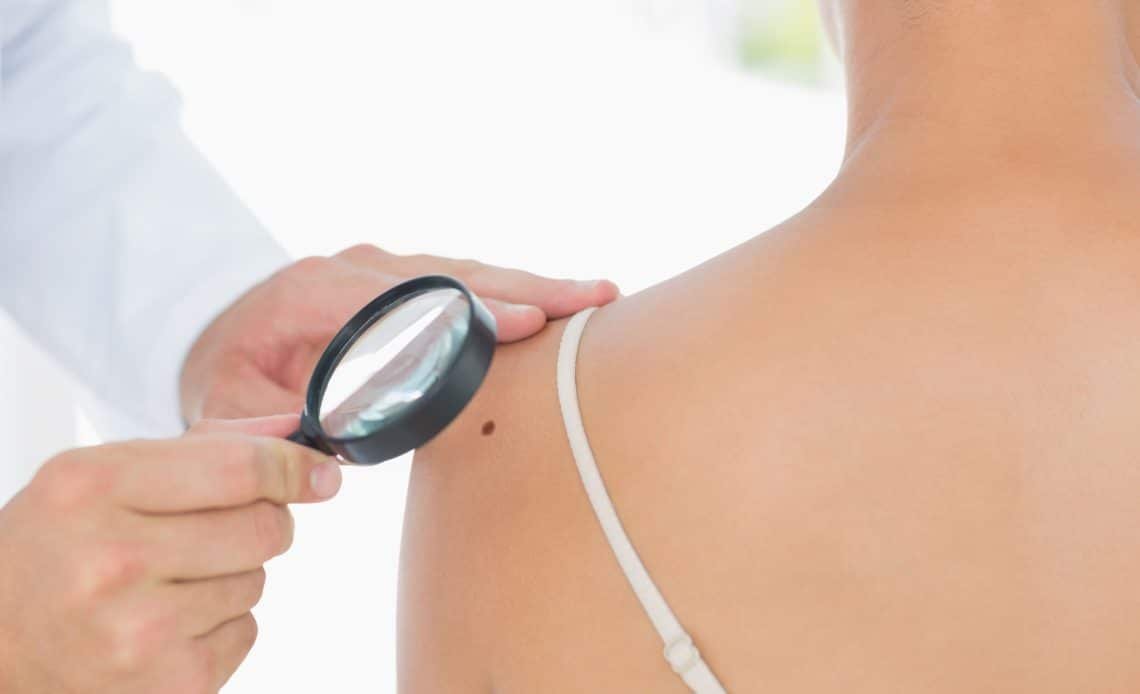Although at-home skin care is important, it’s just a part of your general skin health. The other part is having a yearly examination with your dermatologist. During this skin examination, the dermatologist will examine your skin for possible signs of health concerns such as cancer. Getting a yearly skin examination is a way to protect your skin and general health.
Why a Yearly Skin Examination is Important
By getting a skin examination regularly, you defend yourself against skin cancer. For most people who are more than fifty years old, this means getting a yearly exam. Skin cancer is a common type of cancer suffered by millions of people across the globe. When detected early, a patient will have a higher chance of surviving it. Getting your yearly skin exam allows for the early detection and cure of cancerous or precancerous skin lesions. This is because of the breakthroughs in treating skin conditions available today.
Moreover, a yearly skin examination can also spot other skin concerns. For instance, some skin cancers start as precancerous lesions that might turn into cancer. Your annual examination can help you avoid health issues that may become a severe threat in the future. Also, it can disclose lifestyle behaviors that increase your risk of having skin cancer.
Reasons You Should Not Rely on Self-Examinations
Examining your own skin helps you find anything not normal that your skin doctor should be aware of. You must do this monthly to help detect skin cancer early. But it’s not enough to examine your own skin. You can do self-exams in addition to a yearly skin examination. Thus, you should not take self-exams as a replacement for your annual skin exam.
Keep in mind that you won’t be able to see each inch of your skin. And even if you strategically examine certain areas of your body, you may still miss some areas where skin cancer may appear. A dermatologist can perform a full-body evaluation for you during your annual examination.
In addition, some suspicious skin lesions may grow or change slowly and you may not realize it when you examine your own skin. But your dermatologist can compare the look of suspicious lesions with your examination in the previous year.
Also, your skin doctor can carry out a more comprehensive exam using tools like a dermatoscope. With the accuracy of this tool, your doctor can better detect skin cancer in its early stage.







